
Information on Lutein
Lutein is a pigment that comes from the group of pigments called carotenoids. There are approximately 600 different types of naturally occurring carotenoids. It is usually found in different vegetables and fruits and it is mostly orange or yellow pigment depending on the concentration. It absorbs the blue light and it is often used as a natural coloring agent in numerous sorts of commercial food items and products. Lutein can be found in the retinas of the human eyes as it is vital for good eyesight.
Health Benefits of Lutein
Lutein provides the human body with numerous kinds of health benefits. It is known for its potent antioxidant properties so it is very efficient in fighting the free radicals and reducing the damage they cause to the human body. It is also very beneficial when it comes to boosting the immune system and making it possible for the human eye to detect polarized light. Lutein can also help with the protection from oxidative damage that is brought on by the aging process and exposure to light. It is also very good at filtering out ultraviolet light rays. Lutein is one of the most important components when it comes to prevention and treatment of various eye problems such as cataract and macular degeneration.
Deficiency of Lutein
If a person does not ingest sufficient amounts of lutein over long periods of time it may lead to certain serious medical conditions. The entire body may become too vulnerable to some types of cancer, for example. This occurs because lutein is a powerful antioxidant that fights free radicals which are commonly associated with the development of cancer. Lutein deficiency may also be affiliated with various types of cardiac disorders, problems with the eyesight and the overall functioning of the eyes.
Food Sources of Lutein
Lutein can commonly be found in various kinds of spices, vegetables and fruits but the best food sources of lutein commonly include peas, romaine lettuce, corn, zucchini, papaya, broccoli, plums, tomato, leek, mustard greens, maize, collards, wheat, chard, egg yolk, turnip, carrot, cress, popcorn, cayenne, kale, pepper, spinach, paprika and dandelion greens. Lutein needs to be integrated into everyone’s daily diet, and the good thing is that it is not necessary to ingest in large amounts. Lutein fortified foods can be purchased from most super markets. A sublingual spray may also be a good alternative.


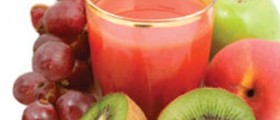
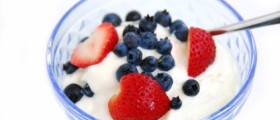

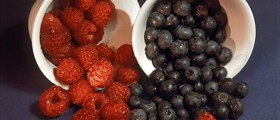


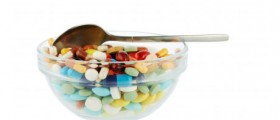

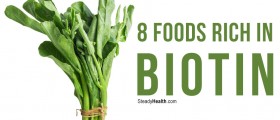


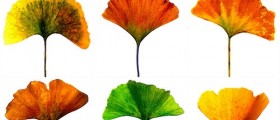
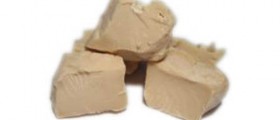

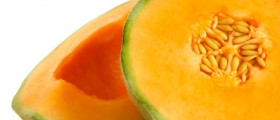
Your thoughts on this
Loading...